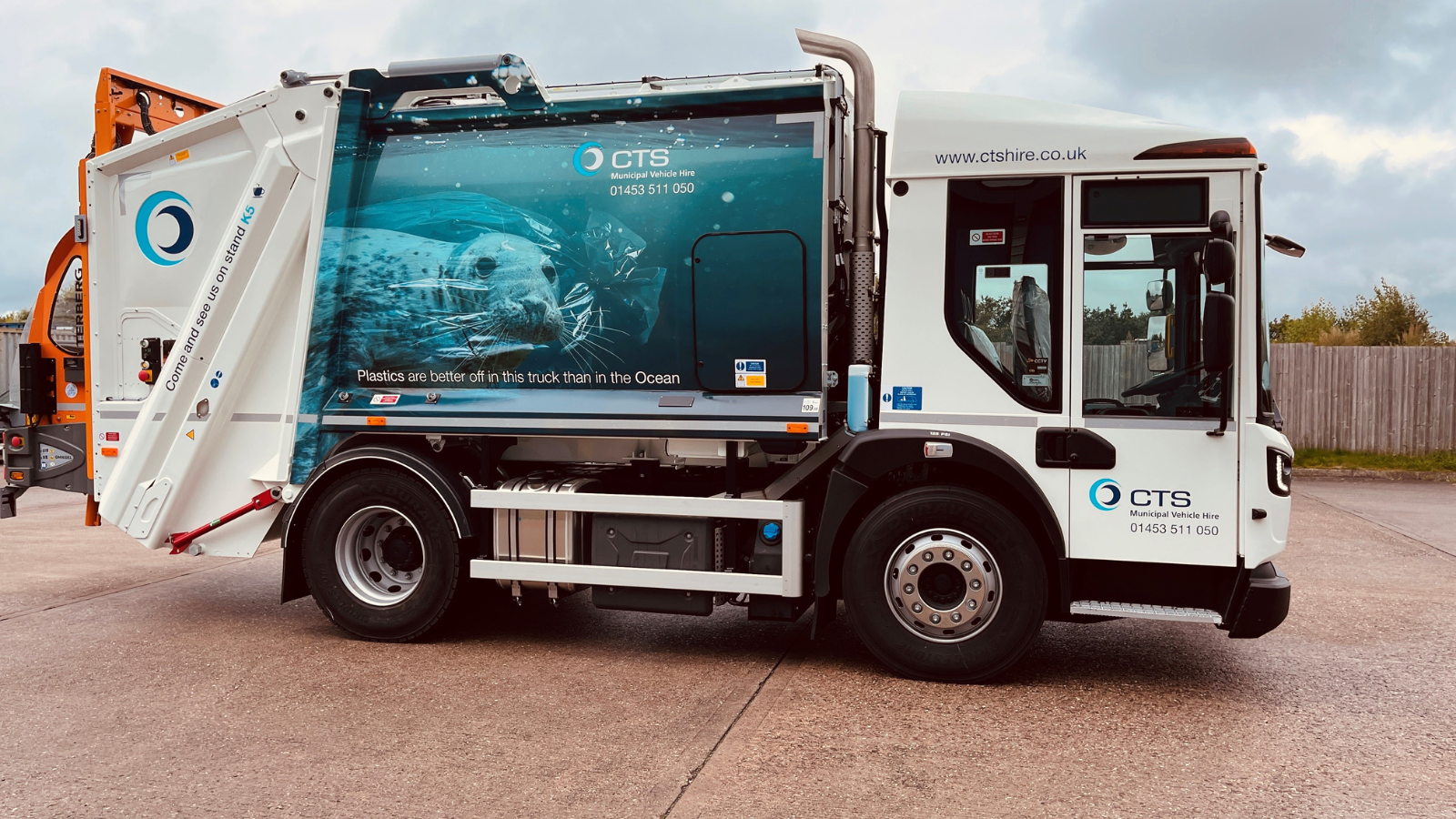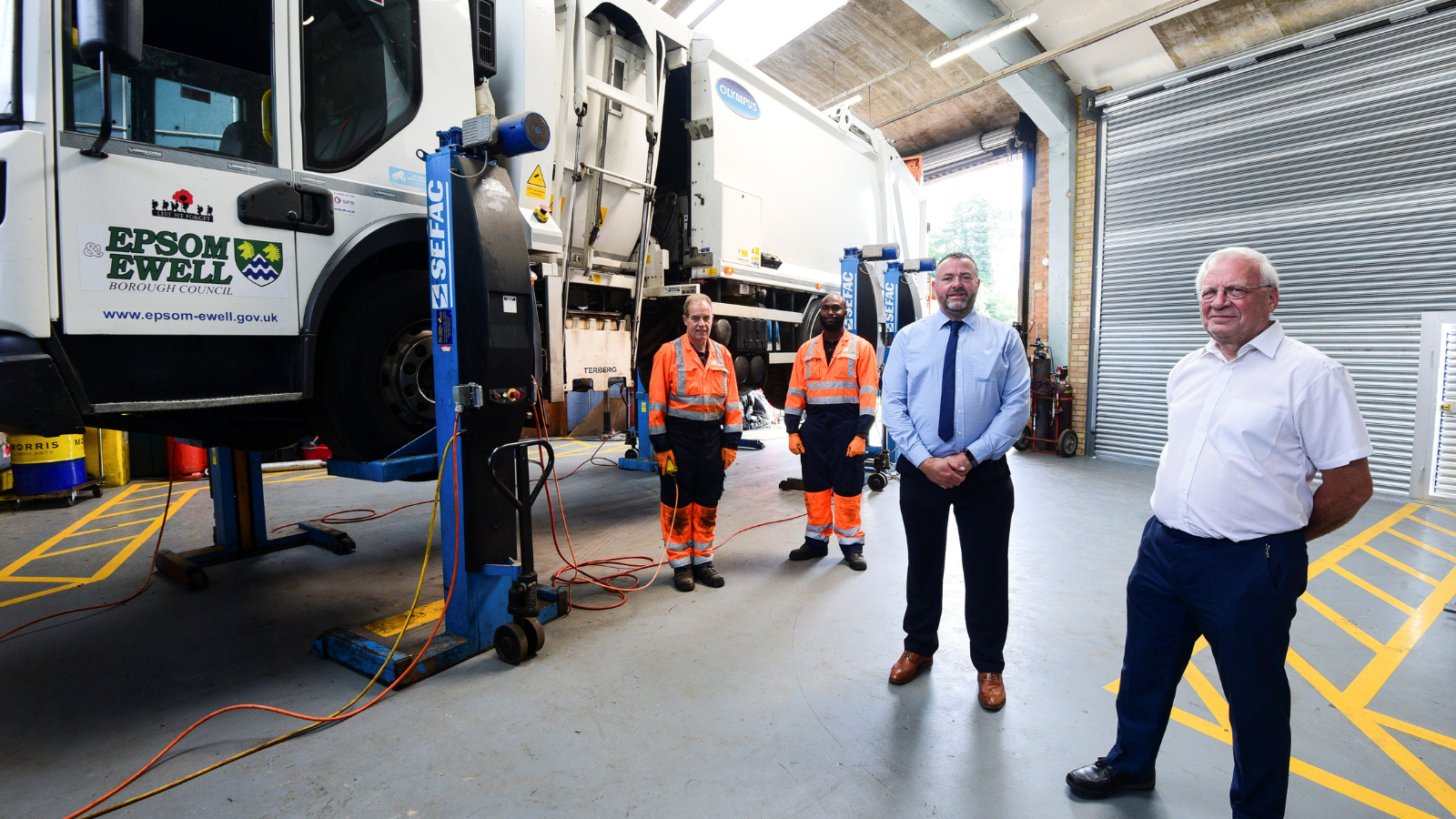SFS Contract Hire with Bob Sweetland

Bob Sweetland, SFS Managing Director
Bob has been at the helm from the very beginning right through SFS’ history, spanning three decades. We were therefore delighted to speak to him and share his thoughts and experiences.
SFS has been around for 30 years – what’s the secret to your success?
I’d say there are three elements that set us apart. First, we are focussed on the municipal sector. We draw on our 30 years’ experience to ensure customers get what they need, and that’s just the start of it; which leads me nicely into our second element, as we now operate an increasing number of modern workshops for councils – taking away the headache of recruitment, retention and training. Thirdly, we have always been owned by secure financial institutions. For councils, it’s hugely reassuring to know we are here for the long term. And we are. We have nurtured long-term relationships and maintain unrivalled customer retention levels with many councils including Teignbridge District, Epsom & Ewell Borough and North Northamptonshire. For many of these customers, we are onto our third or fourth consecutive contract, supplying and maintaining vehicles and running workshops. I’m extremely proud that we are selected on merit.
How big is SFS?
We have 88 staff of which 50 are technicians, so we are business focussed on engineering support – something that is increasingly important as we take on more maintenance contracts. We now operate 13 workshops nine of which are in council depots. Councils have been hit brutally by the cost to recruit staff and train them in new practices as well as the need to invest in workshop equipment. We’re on hand to help, and to encourage preventative maintenance measures to reduce vehicle downtime and improve fleet management.
We have 1,700 vehicles, from light vans to sweepers, including Dennis Eagle RCVs of course. In fact, we’ve got around 600!

Sounds like you are a fan of Dennis Eagle then. How did that relationship start?
It started way back, in fact back to the first municipal contract I worked on in 1990. It was in the Hestair days. Like SFS, we have found Dennis Eagle focuses on what the customer wants, so it’s always worked well. Trust is important, such as consistently honouring prices and never letting us down with a delivery. During the pandemic, Dennis Eagle has been there for us. Throughout our entire working relationship, if we ever have a problem, we can always talk to someone. And that’s incredibly important when you need a truck back out on the road.
You mentioned the importance of workshops as part of your offering. Why is that?
Fleets increasingly have a longer life and if we can incorporate proactive maintenance practices in from the start, we will make a positive difference. For councils who rely on us for maintenance, we can offer immediate access to technicians trained in new technologies and alternative fuel vehicles. That’s a big headache we can take away.

How are you helping fleets address decarbonisation?
We can also make it easy for operators to trial new technologies. We were the first to provide an eCollect refuse vehicle fleet on contract hire in the UK, for Exeter City Council, and customers can trial electric refuse vehicle technology via our short-term rental division CTS Hire. CTS Hire also has available a regularly refreshed stock of high-quality low-emission vehicles to support peaks in demand. We can take care of all our customers’ needs, short and long-term, in-house.
What’s the future hold for the sector?
We expect to see a continuation of the current trend of customers outsourcing their workshop operations to us, whereby we manage the whole lifecycle of the fleet – from specifying to disposal. That’s particularly true for maintenance and is why we are actively engaged in training more apprentices to support this expansion. Proactive maintenance will ensure that we can get the maximum operational output from vehicles and keep them running at optimum for longer.
Finally, we see that as vehicles become increasingly complex, more fleets will want the reassurance of support to get the right specification and combination of vehicles, to meet increasing operational demands as well as comply with ever changing safety, emissions and waste regulations.